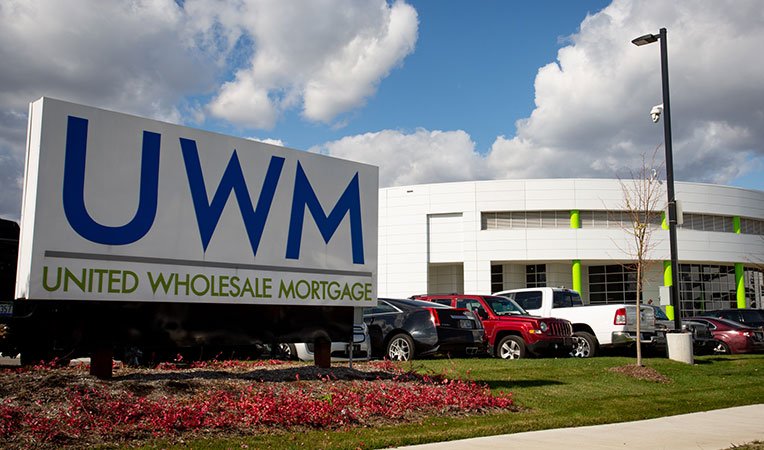Advertisement
Bill Seeks Changes in CFPB Funding Source

Another bill has been introduced into the U.S. Senate that challenges the current state of the Consumer Financial Protection Bureau (CFPB).
Sen. Mike Rounds (R-SD), a member of the Senate Banking Committee, introduced legislation to eliminate the CFPB’s funding stream from the Federal Reserve. The bill would also require CFPB to turn over all of its penalty funding and other money it has received through enforcement measures to the Department of the Treasury.
“A product of the ill-advised Dodd-Frank Reform Act, the CFPB is an unaccountable regulatory agency ran by unelected bureaucrats with no oversight from Congress,” said Rounds. “No unchecked federal agency should have the power to dramatically alter the financial choices of consumers through the rules it promulgates. Dismantling the CFPB is but one step we can take to ease the regulatory burdens of Dodd-Frank, the cost of which continues to be handed down to American families. I look forward to working with my colleagues to roll back the CFPB’s power and prevent the agency from imposing any further harmful regulations.”
But unlike rival legislation recently introduced by Sen. Ted Cruz (R-TX), this new bill does not seek to shut down the CFPB.
About the author





